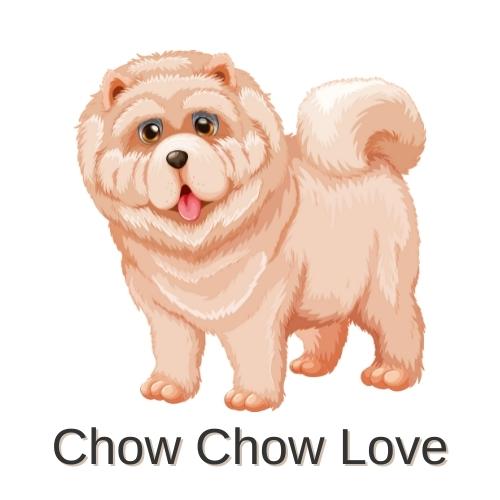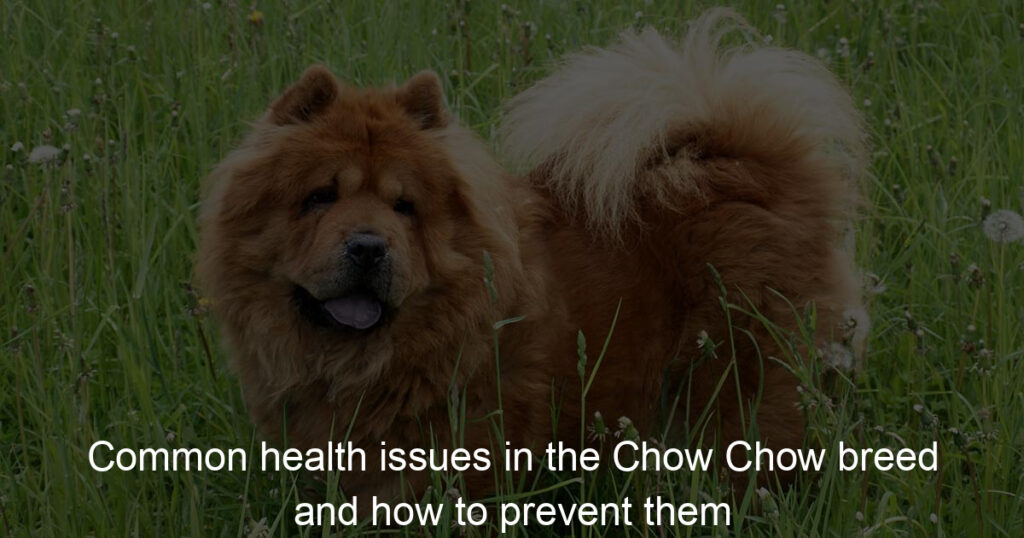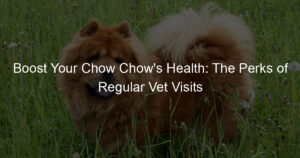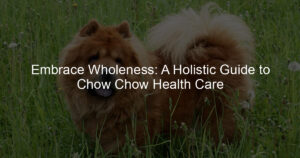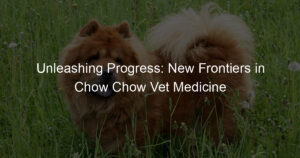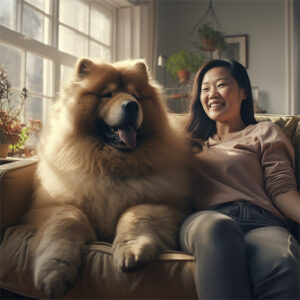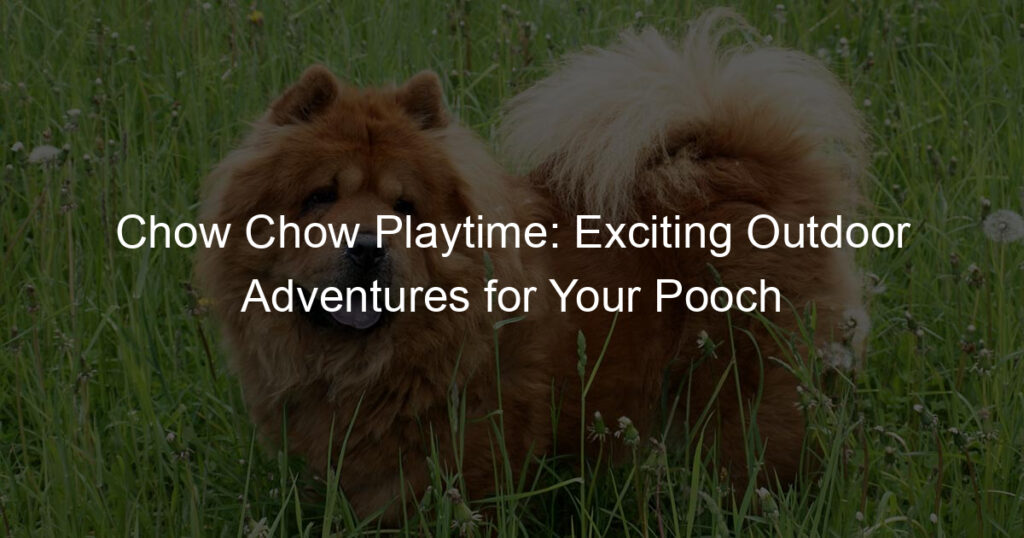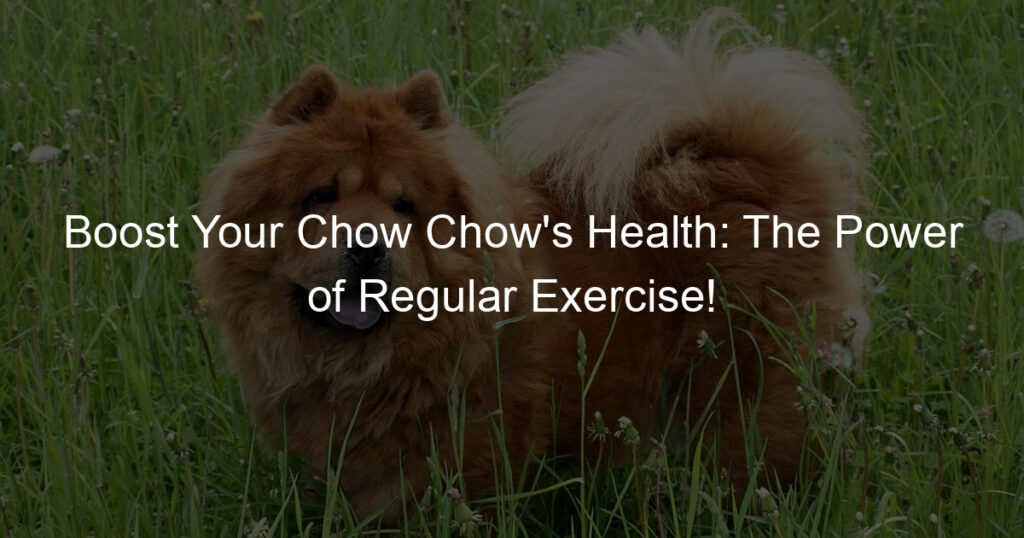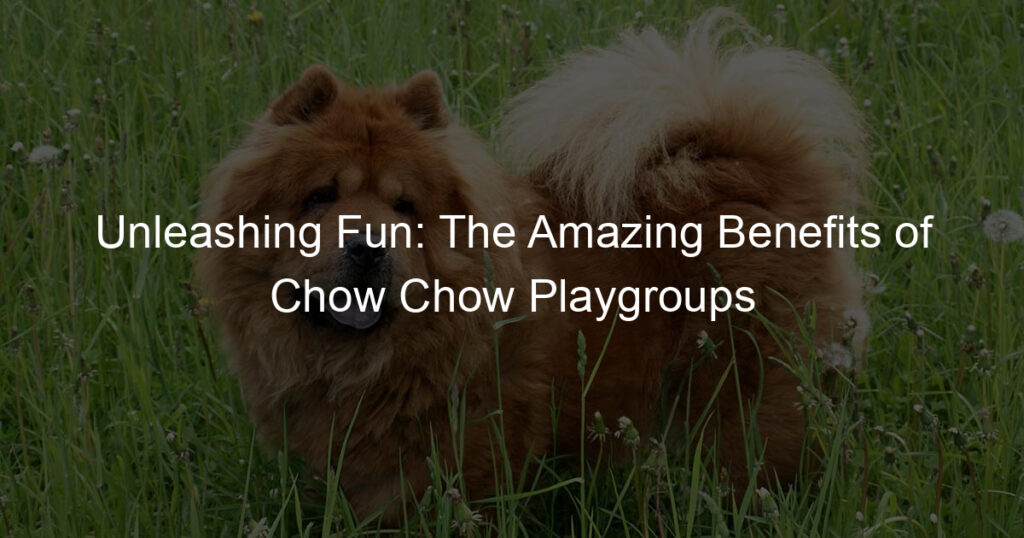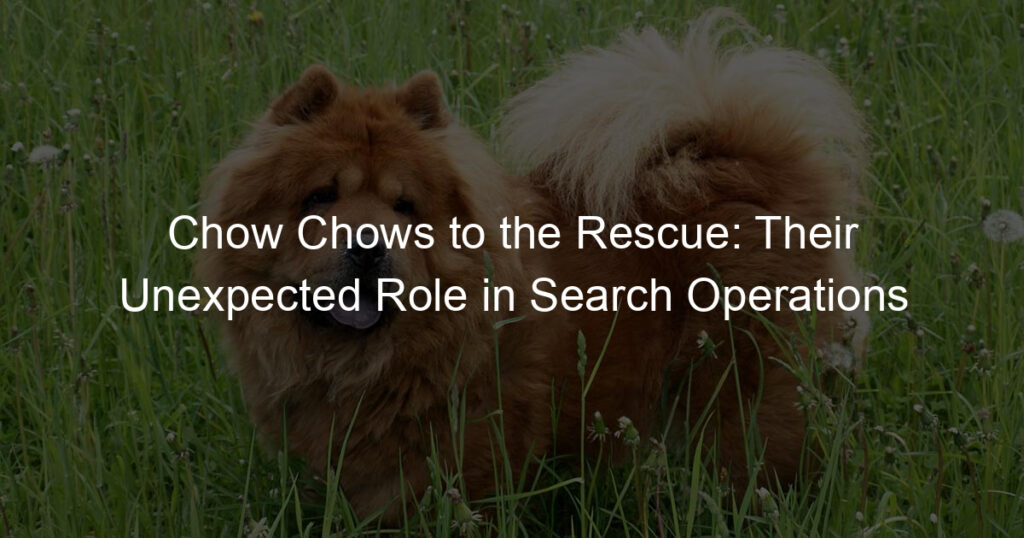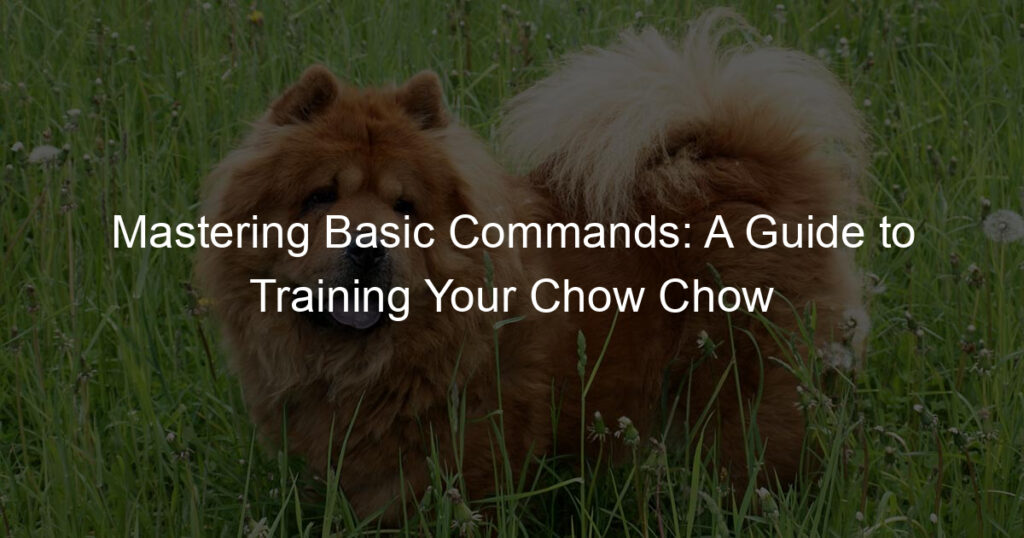Chow Chows are a unique breed of dog that comes with its own set of common health issues. However, with proper care and attention, these health problems can be prevented. In this blog post, we’ll take a look at some of the most common Chow Chow health issues and what you can do to keep your furry friend healthy and happy.
Are Chow Chows prone to health problems?
The Chow Chow is a truly unique breed of dog, with their distinctive lion-like manes and bluish-black tongues. Although they may appear robust in many ways, this breed can be prone to certain health issues that pet owners should be aware of. Additionally, due to the Chow Chows’ predilection for food and treats, weight management should be a top priority for those looking to adopt one into their family.
Common health concerns for the breed include eye diseases such as Entropion and Glaucoma, hip dysplasia which can lead to osteoarthritis if not detected early, bloat, and skin allergies in some cases. Fortunately, proper nutrition can help alleviate or manage many of these ailments. Overall, when given proper love and care the Chow Chow can make an incredibly loyal companion who brings a lifetime of joy into any home.
Do Chow Chows have leg problems?
Chow Chows are an ancient breed of Chinese dog known for their thick fur and lion-like manes. Historically, Chow Chows have been bred for several various purposes, including working, herding, and guarding property. Due to the intentional and repetitive inbreeding over centuries, they, unfortunately, may suffer from several genetic legs issues such as hip dysplasia and patellar luxation.
Currently, the best way to protect against these types of issues is to purchase a puppy only from reputable breeders who can provide proof that the pup’s parents have been screened for such conditions. With proper care, Chow Chows remain capable of many activities despite potential leg problems, though owners should always check with a veterinarian first.
Is hip dysplasia common in Chow Chows?
Chow Chows are well-known for their lion-like mane and gentle demeanor, but sadly, a not-so-great trait of this breed is hip dysplasia. Although hip dysplasia can affect any dog breed regardless of size, Chow Chows have a heightened prevalence.
Unfortunately, this makes it quite common in the breed; however, with proper care and ongoing assessments by a certified vet, it can be managed to help ensure the quality of life for your pet. Therefore, if you’re lucky enough to call yourself a Chow Chow parent, don’t forget to check in regularly with your vet to monitor any potential health issues such as hip dysplasia.
What should you not feed a Chow Chow?
Chow Chows are known for their thick fur, but before getting a Chow Chow it’s important to know the do’s and don’ts of feeding one. A high-quality dry dog food is ideal for a Chow Chow, as they need protein to help maintain their luxurious coat. Just as important is knowing what not to feed them. Table scraps, chocolate, dairy products, and grains should be avoided, as they can trigger allergies in this breed.
Additionally, gum and candy should also be avoided, as they contain xylitol, a sweetener that can be toxic to dogs. Always read the label carefully to make sure the food you’re providing your pet is nutritionally appropriate and free from dangerous additives or chemicals.
How do I keep my Chow Chow healthy?
Taking proper care of a Chow Chow can be a rewarding experience and lead to a long, healthy life for your furry companion. One key way to keep your Chow Chow in tip-top shape is by feeding him or her a nutritious, age-appropriate diet that supports their needs and preferences. Additionally, regular exercise is essential–ranging from walks around the neighborhood to more active playtime with toys that stimulate physical activity as well as engagement and mental stimulation.
Making sure your pup receives annual wellness checkups by a veterinarian is also essential–your vet may have advice tailored uniquely to your pup and can spot any potential health problems early on. Finally, it helps to monitor your dog’s behavior and bodily functions for any irregularities or symptoms of distress to take steps toward addressing those concerns quickly. If followed properly, all these steps can give you peace of mind knowing that your Chow Chow is living their best healthy life!
Wrapping up: Common health issues in the Chow Chow breed and how to prevent them
This blog post has highlighted some of the more common health issues that Chow Chows tend to develop, as well as how you can prevent them. Of course, it is always advisable to visit your veterinarian regularly and make sure you are providing basic and essential healthcare for your four-legged friend. Additionally, you should never forget how important it is to be prepared with a backup plan in case of any emergency medical care that may be needed, such as regular checkups, vaccinations, teeth cleaning, and other preventive measures.
Proper nutrition is one of the main ways to bolster your Chow’s immune system and keep them healthy and strong. Finally, if you ever have any questions or concerns about your pet’s health or well-being, never hesitate to seek out professional advice! Taking care of a Chow Chow isn’t always easy; however, the rewards are immense when they are happy, healthy, and by your side!
